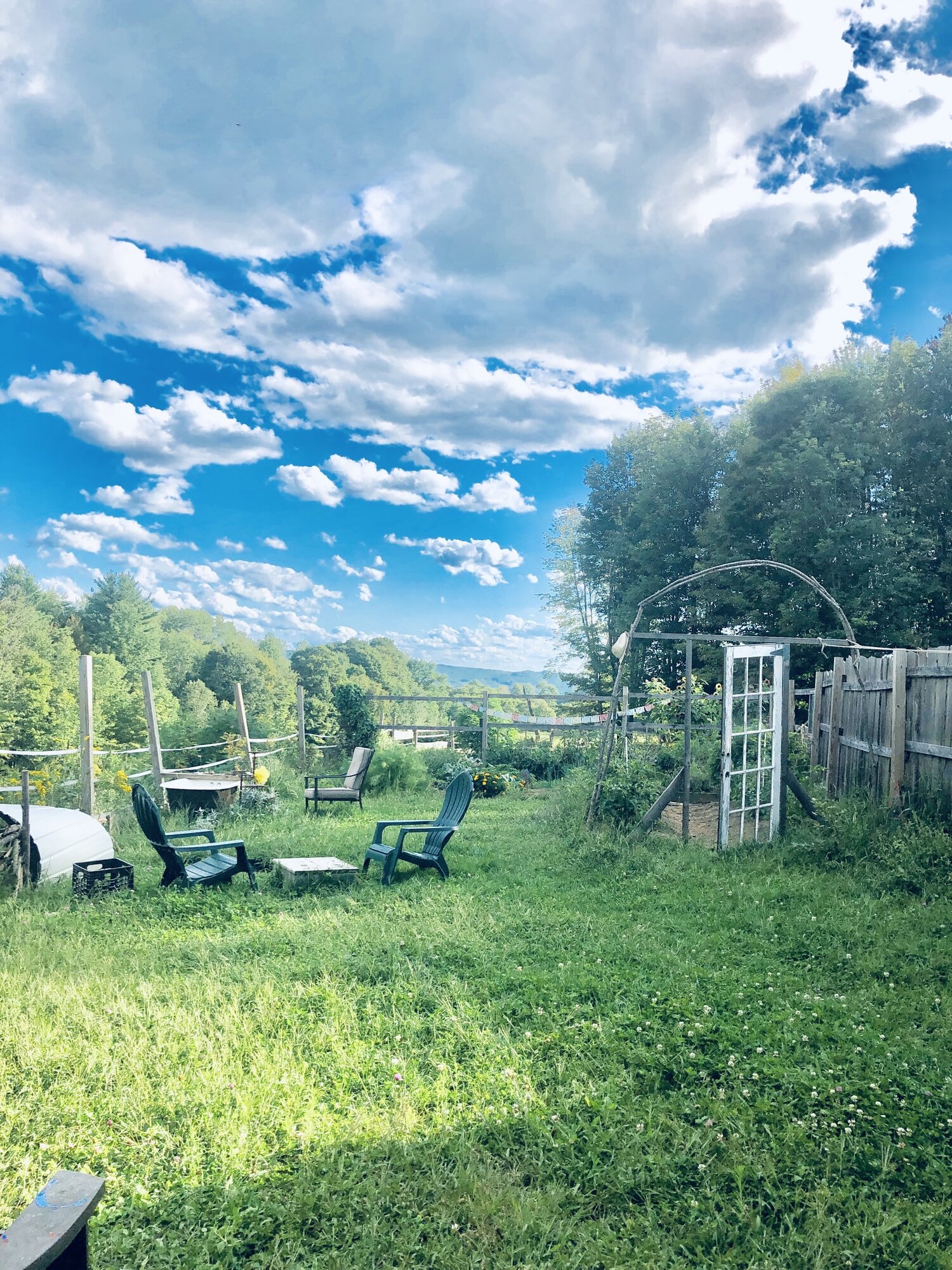I cannot tell you how many times a patient with allergies has walked into my allergy/immunology office because someone else asked them to come. Someone is annoyed with them. The person who needs my help the most does not see it. They are so comfortable in the zone of their warped sense of normal, it does not appear to them that they could have it better. They have adapted to their allergy symptoms, like:
-Breathing with their mouth open to sleep (because their nose is so stuffy they cannot breathe through it)
-Carrying tissues to blot the runny nose
-Unknowingly clearing their throat incessantly.
When it starts to bother other people, when the snorting, sniffing, or gagging sound people make to scratch the back of their throat becomes a nuisance to those around them, that is when they call me.
This is when the unfettering begins.
Welcome. I am so glad you are here, I tell them. We start to talk. If they brought someone with them to the visit, I wait for the moment when the patient implies that their problems are not “that bad.” This moment typically prompts an outpouring of information from the previously quiet bystander, their close relative or friend. Then comes the blushing moment when the patient realizes that the symptoms they take for granted as a part of who they are, are not normal. They realize they deserve better.
You are not alone, I say. Many people with allergies or allergy-like symptoms are either 1) so used to feeling congestion or itchy eyes that they have accepted and learned how to live with their symptoms, or 2) defeated by the lack of symptom improvement with over-the-counter allergy medications. The mild annoyance of the symptoms can make some patients feel like their symptoms are not severe enough to complain about. They feel like they should simply deal with it. It is easy enough to keep on keeping on. The nuisance of their symptoms becomes fettered, holding them back from believing the possibility that they could live a life without allergies.
The story of a fettered nuisance does not tell the full reality of how those mildly, annoying symptoms negatively impact a patient’s life. When the inflammation from allergies contributes to nasal, sinus, or adenoid tissue swelling, it can affect the ability to breathe or rest well during sleep. When one is not sleeping well, they may wake up feeling tired or have difficulty maintaining concentration throughout the day. Then presenteeism develops. Presenteeism is the concept of coming to work or school despite not feeling your best due to illness or injury, resulting in reduced productivity. There are the costs of long-term medications to help take the edge off. It can also affect one’s social life, avoiding certain situations or scenarios to prevent flares (like not visiting family with pets that flare the symptoms or not going to outdoor events).
My goal as an allergist/immunologist is to unfetter the nuisance and show the patient that they deserve better. They deserve to be able to breathe through their nose. They deserve to be able to visit their grandma who has a cat without flaring their allergic asthma. They deserve to be able to sit in a classroom without eye-rolling or sighs from others who are tired of hearing the cough or throat-clearing. Once they see the problems they have carried and start to believe that it does not always have to be this way, I give them a concrete plan for how we are going to resolve the nuisance of allergies altogether.
Allergists around the world help people like this every day, showing them that their problems matter and guiding them to a healthier life. If you or a loved one experience persistent allergy symptoms that require regular medication or are not adequately controlled with medicine, find an allergy specialist* near you and start working towards living your best life.
*Ask your doctor for a recommendation or find an allergy doctor near you here or here.




